PARIS — France will accelerate a hike in defense spending to reach €64 billion (US$75 billion) in 2027, three years earlier than planned, President Emmanuel Macron told troops and military brass ahead of Bastille Day celebrations on July 14.
In the face of the greatest threat to freedom since 1945, France needs to step up, the president said in his traditional speech at the Armed Forces Ministry in Paris the evening before the national holiday. Macron said Europe must be ready to face a permanent Russian threat on its borders, from the Caucasus to the Arctic.
“Across Europe, nations are rearming, and France cannot leave its European allies on the front line in the face of very short-term threats,” Macron said.
France will add €3.5 billion to the 2026 defense budget on top of a planned increase, and €3 billion to the 2027 budget, the French president said. With that, the country will have doubled its defense budget from when Macron took office in 2017, ahead of a plan to reach that level by the end of the current 2024-2030 military planning law.
The planned increase comes after NATO members agreed to raise core defense spending to 3.5% of GDP, at a June meeting in The Hague, Netherlands. While a number of allies, including Germany, Sweden and Norway, in recent weeks announced plans to meet the target within the next five years, France has yet to say whether and when it will meet the spending goal.
While “certainly appreciable,” Macron’s announcement for an additional €6.5 billion spending over two years amounts to little less than 0.2% of additional GDP at the end of 2027, from a level of defense spending of 2.3% of GDP in 2025, Francois Heisbourg, senior adviser for Europe at the International Institute for Strategic Studies, wrote in a social media post on Sunday.
“The target of 3.5% is a long way off, while Germany plans to reach it in 2029,” Heisbourg said.
Macron said France – one of the most indebted countries in the European Union – must not rely on more borrowing to pay for more defense. He said Prime Minister Francois Bayrou will explain how the defense budget will be financed on Tuesday, with increased spending to be paid for through “increased activity and more production.”
The French effort will allow the country to be credible vis-à-vis its partners, Macron said. He said France and Germany will meet at the end of August for a joint defense and security council, where the countries “will have new decisions to take,” and combined investment and enhanced cooperation will allow to build the European pillar of NATO that France has been calling for.
The world is experiencing a technology race in multiple areas with the emergence of artificial intelligence and drones, the return of electronic warfare and new areas of confrontation such as space, cyberspace and the seabed, as well as the shift to quantum technologies, according to Macron.
The world is also seeing the return of nuclear proliferation and major conflicts, and “ultimately, let’s be clear, to be free in this world, you have to be feared,” Macron said. “To be feared, you have to be powerful.”
That means France must be stronger, “because it’s the nation above all that must defend the nation,” the president said. The war in Ukraine has shown “we need bravery, but also stocks and an appropriate defense industry. We need a nation that is capable of holding out and being mobilized.”
Macron said France needs to address areas of weakness, first and foremost its stocks of ammunition, including loitering munitions, as well as saturation weapons and precision arms. French combat groups, frigates and air bases must be equipped with more drones, he said.
Other areas to be strengthened include air defense and electronic-warfare capabilities, as well as space capabilities, according to the president.
While France has “solid armies,” the country needs to “harden the model and also gain in mass,” Macron said. “These are the areas of efforts that have been identified and which will be the priority areas in the additional efforts to be made under the current military programming law.”
The effort will also require defense companies to produce more, faster and at lower cost, according to Macron. He said France’s Directorate General for Armament will monitor this, and prioritize new capabilities and production on French territory.
France has world-class capabilities that “should become European solutions,” including the SAMP/T NG air-defense system, missiles, Rafale fighter jets, constellation of low-orbit satellites as well as AI companies, radar and anti-drone systems, according to Macron.
“We often already produce them in partnership with several other major European manufacturers or through our groups that already have a European footprint and shareholding structure,” Macron said. “So let’s buy European en masse.”
Developing European defense strengthens rather than takes away from French sovereignty, Macron said, calling to “move on from the ridiculous old debates” in a jab at frequent criticism from French nationalist and populist lawmakers slamming pan-European defense cooperation.
France’s nuclear deterrent, while “totally and invariably sovereign,” plays a role in Europe’s security, Macron told the troops and officers gathered in Paris. The president said he asked Armed Forces Minister Sebastien Lecornu and Chief of Staff of the Armed Forces Gen. Thierry Burkhard to engage in dialogue with European partners ready to do so to “fully assess the role of our deterrence in collective security.”
Macron also said France, as the EU’s only nuclear power, has a “major responsibility” to make sure conventional rearmament is “effective, credible and consistent.”
Rudy Ruitenberg is a Europe correspondent for Defense News. He started his career at Bloomberg News and has experience reporting on technology, commodity markets and politics.
Read the full article here

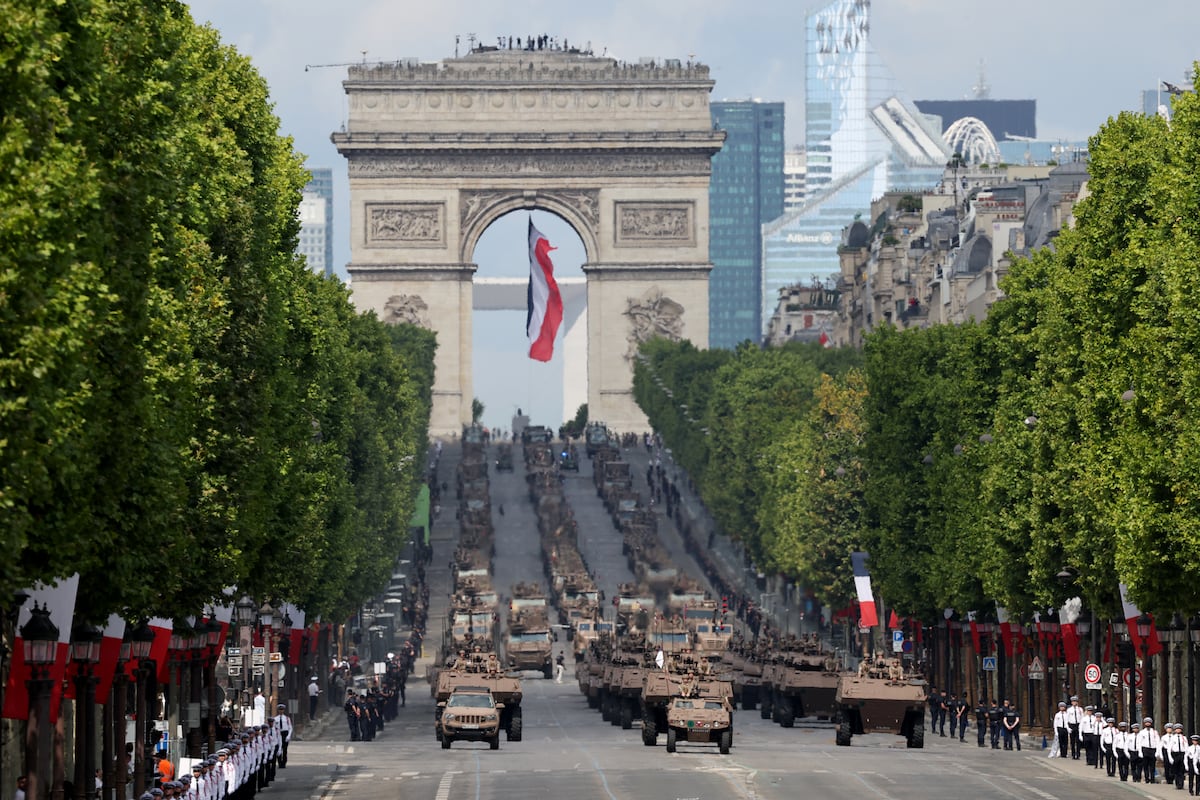
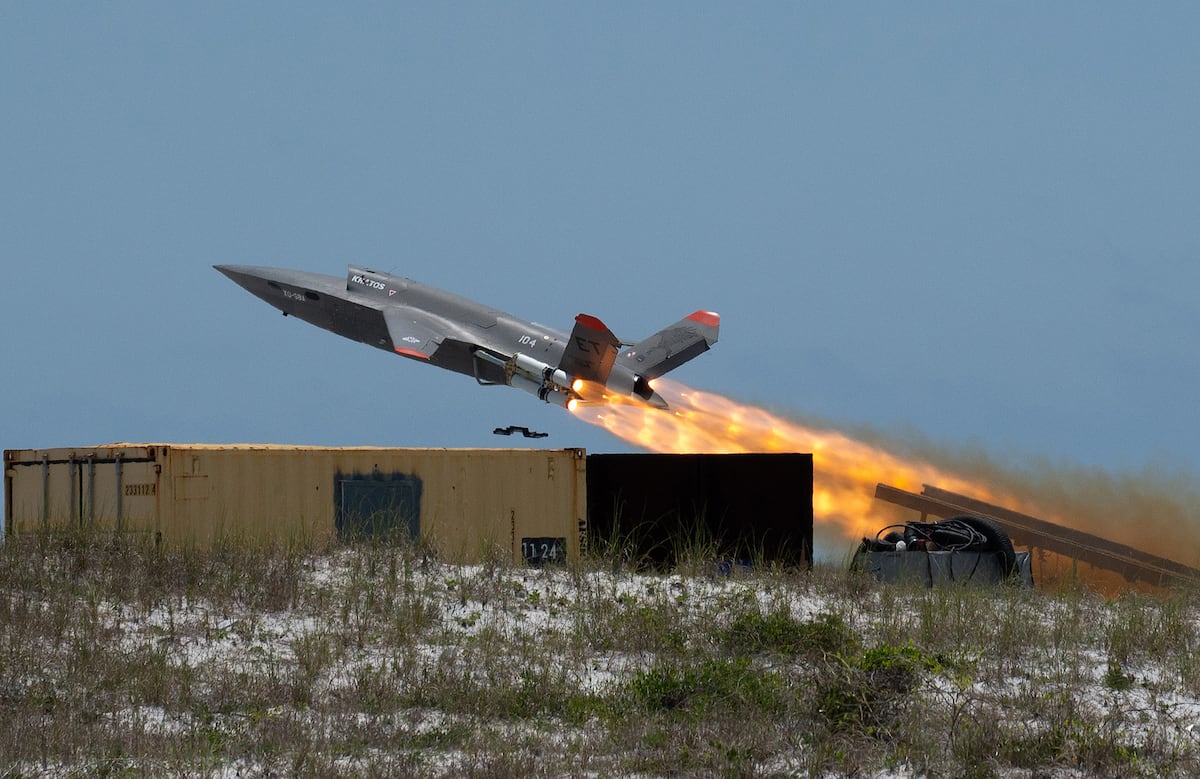

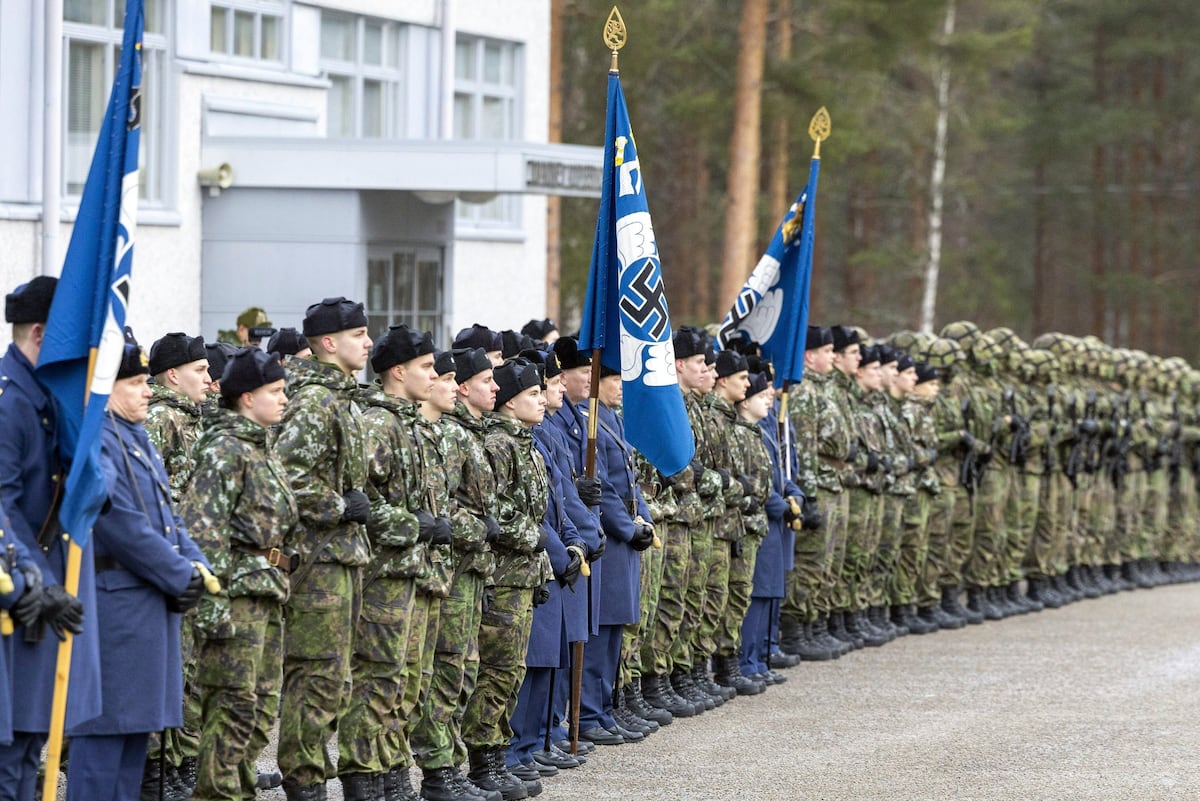
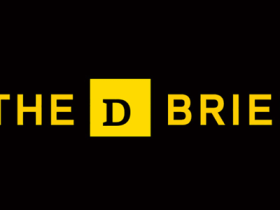

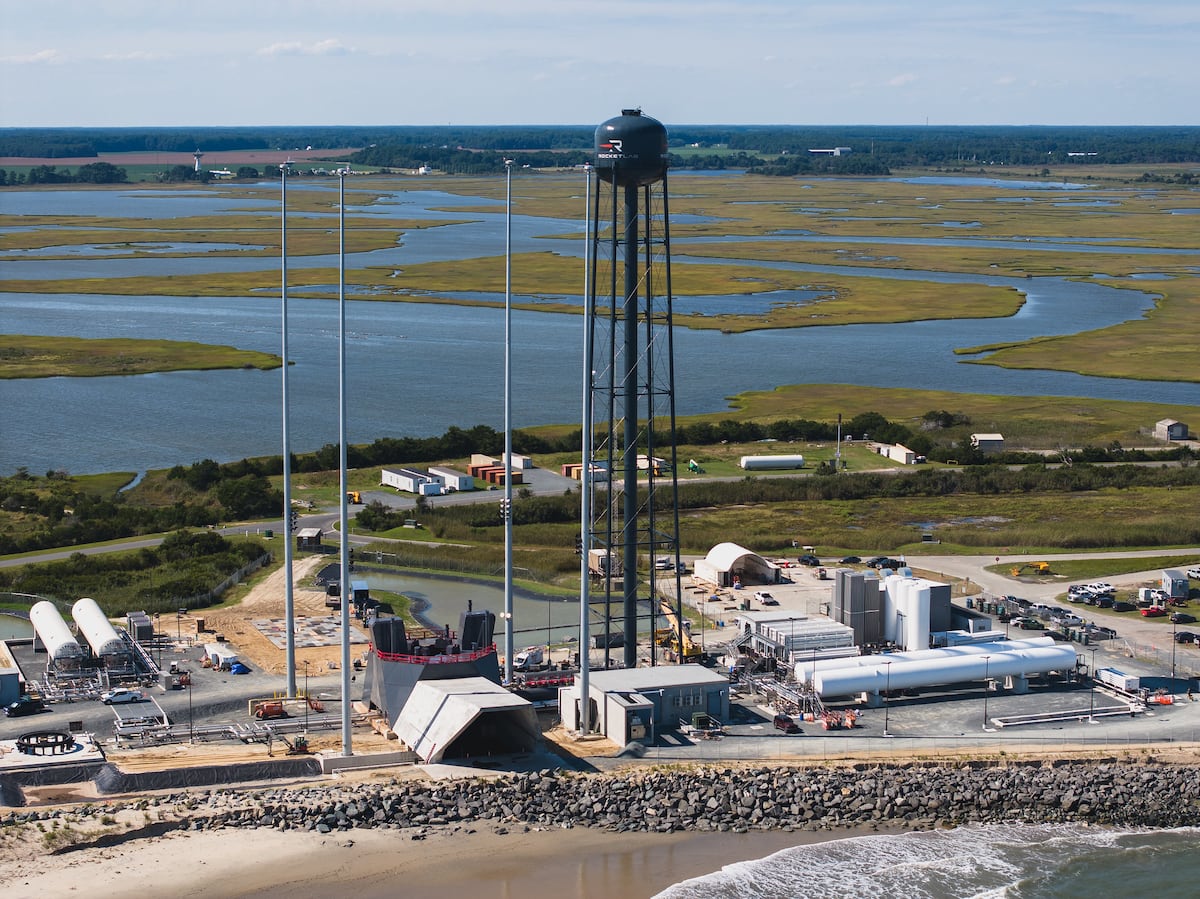
Leave a Reply